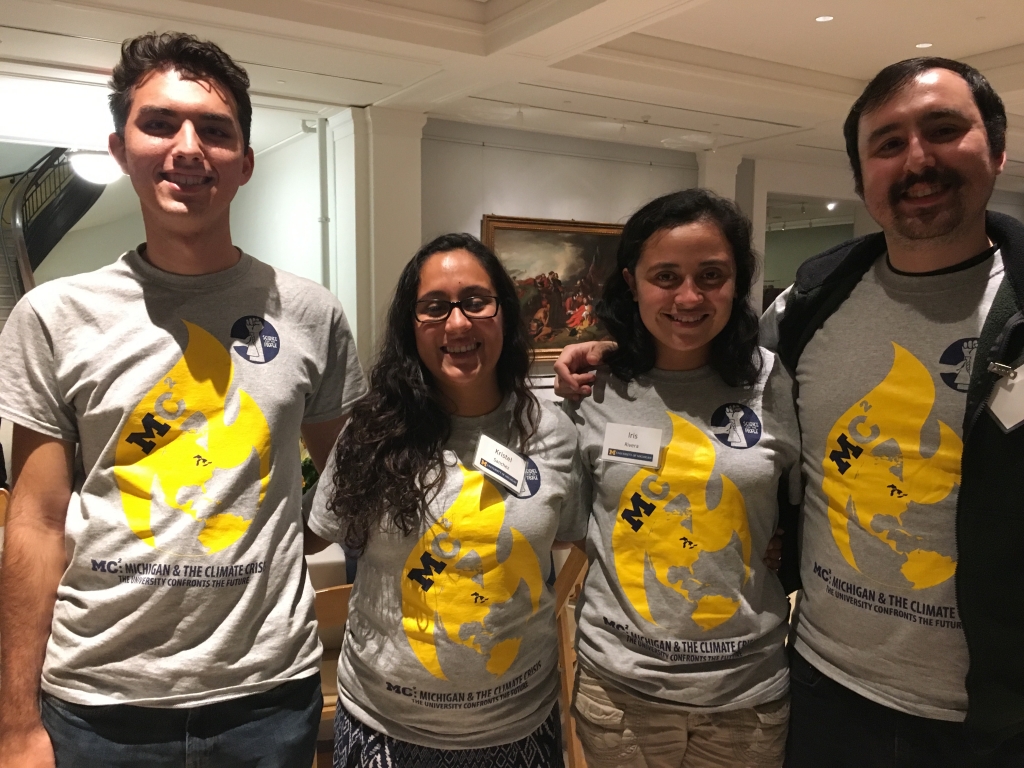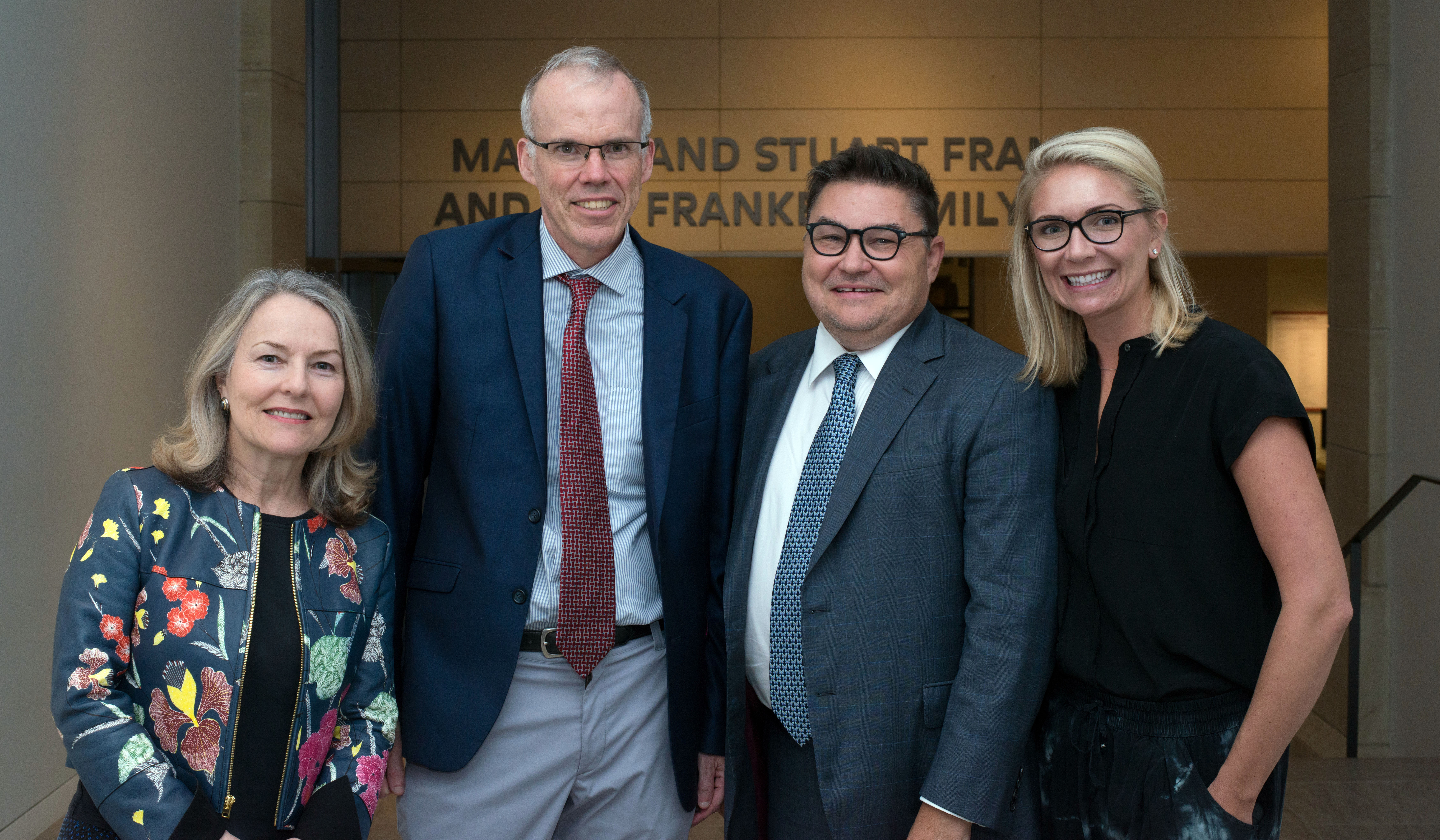“My profession is traveling around to bum people out.” So began the University of Michigan’s Peter M. Wege Lecture on Sustainability given recently by Bill McKibben, described by the Boston Globe as “probably America’s most important environmentalist.” McKibben’s news is grim. “We are running out of options” to protect the planet—and humanity itself—from the crisis of global warming. McKibben compared the amount of CO2 released into the atmosphere every day to the heat equivalent of 400,000 Hiroshima-sized atom bombs exploding. As to the planet’s increasing temperature, some parts of Pakistan and Iran have reached 129 degrees in the last two years, the highest reliably recorded temperatures in the planet’s history and too hot to sustain life. The war and humanitarian crisis in Syria are directly connected to drought and raging fires like California’s recent catastrophe have become common news events.
McKibben pointed out that the frequency and impacts of hurricanes that devastated the Caribbean and southern U.S. were exacerbated because climate change has heated the oceans. Warmer ocean water absorbs more heat that in turn raises the intensity of storms creating hurricanes. And the amount of carbon deposited in the oceans from burning fossil fuels has increased the water’s acidity destroying coral reefs and threatening all marine life.
“This is the biggest problem we have ever faced,” McKibben told the overflow audience in Hill Auditorium. A commitment is needed similar to that we had to marshal in World War II to defeat Hitler, McKibben asserted. And the deniers of climate change have continuously been proved wrong. “We won that debate long ago.” Instead of wasting time defending what science has already definitively documented, he said, “It’s now time to fight.”
After the “bumming out,” Bill McKibben offered hope in the world’s first global, grassroots climate-change movement, called 350.org, now active in 81 countries. In China alone 350.org volunteers have staged over 200 demonstrations against fossil fuel. The number 350 is the upper limit in parts per million of the concentration of CO2 safe for the atmosphere. It’s now over 407 parts/million and rising. Bill McKibben called on his Michigan audience to take specific actions to combat climate change, including divesting any fossil fuel stocks they own and he specifically called for divestment by the University of Michigan’s endowment portfolio. He also called for shutting down Enbridge’s risky Line 5 pipeline running under the Straits of Mackinac and encouraged audience members to join a petition drive calling for its closure.
The annual Peter M. Wege lecture at the University of Michigan has featured in the past leaders such as the Dalai Lama, former Costa Rica President José Figueres, Achem Steiner, Larry Brilliant, Bill Ford and former Vice President Al Gore.
Pictured above: From the left, Diana Wege, Bill McKibben, speaker for the 16th Peter M. Wege Lecture on Sustainability at the University of Michigan, Jonathan and Marissa Wege. McKibben, former writer for the New Yorker, called his speech on the climate-change crisis, “Down to The Wire: A Hot Fight in a Hot World.”

Here is a video of the lecture

